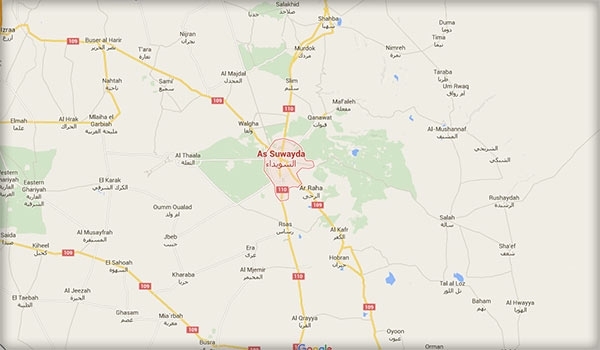Facebook greenlit ads calling for ‘holocaust’ against Palestinians in Gaza

Facebook has unexceptionally approved a set of advertisements sent experimentally to the social network, including some containing demands for a “holocaust for the Palestinians.”
The American non-profit news organization The Intercept reported on the issue on Tuesday, citing an experiment run by the Palestinian social media research and advocacy group 7amleh to test the network’s moderation standards.
The Arabic- and Hebrew-language advertisements all contained dehumanizing content and calls for violence against Palestinians, including the demand to wipe out “women and children and the elderly” in the Gaza Strip — which has been enduring a genocidal Israeli war since October 7. Other ones would describe Gazan children as “future terrorists” and include a reference to “Arab pigs.”
The ads, however, all cleared Facebook’s algorithms, despite including flagrant violations of its policies and those of its parent company Meta.
“The approval of these ads is just the latest in a series of Meta’s failures towards the Palestinian people,” said Nadim Nashif, 7amleh’s founder.
“Throughout this crisis,” he added, referring to the Israeli war, “we have seen a continued pattern of Meta’s clear bias and discrimination against Palestinians.”
Nashif chose to run the experiment after discovering a Facebook ad calling for the assassination of American activist Paul Larudee, a co-founder of the Free Gaza Movement.
According to The Intercept, “Large-scale incitement to violence jumping from social media into the real world is not a mere hypothetical.”
“In 2018, United Nations investigators found violently inflammatory Facebook posts played a ‘determining role’ in Myanmar’s Rohingya genocide,” the report added, referring to the ethnic cleansing campaign that has been run by the country against its Rohingya Muslim minority.
“We knew from the example of what happened to the Rohingya in Myanmar that Meta has a track record of not doing enough to protect marginalized communities,” Nashif said, “and that their ads manager system was particularly vulnerable.”






